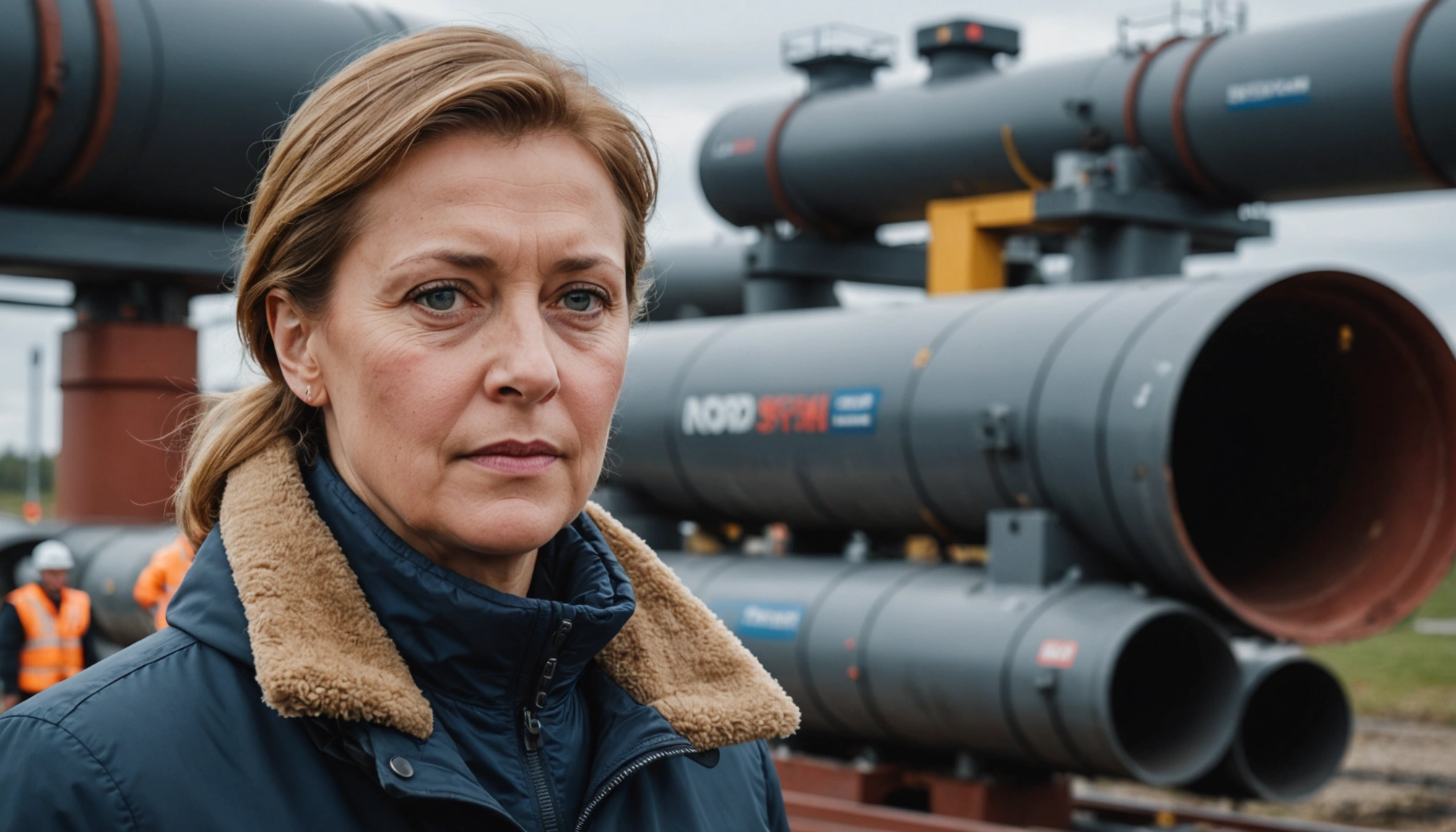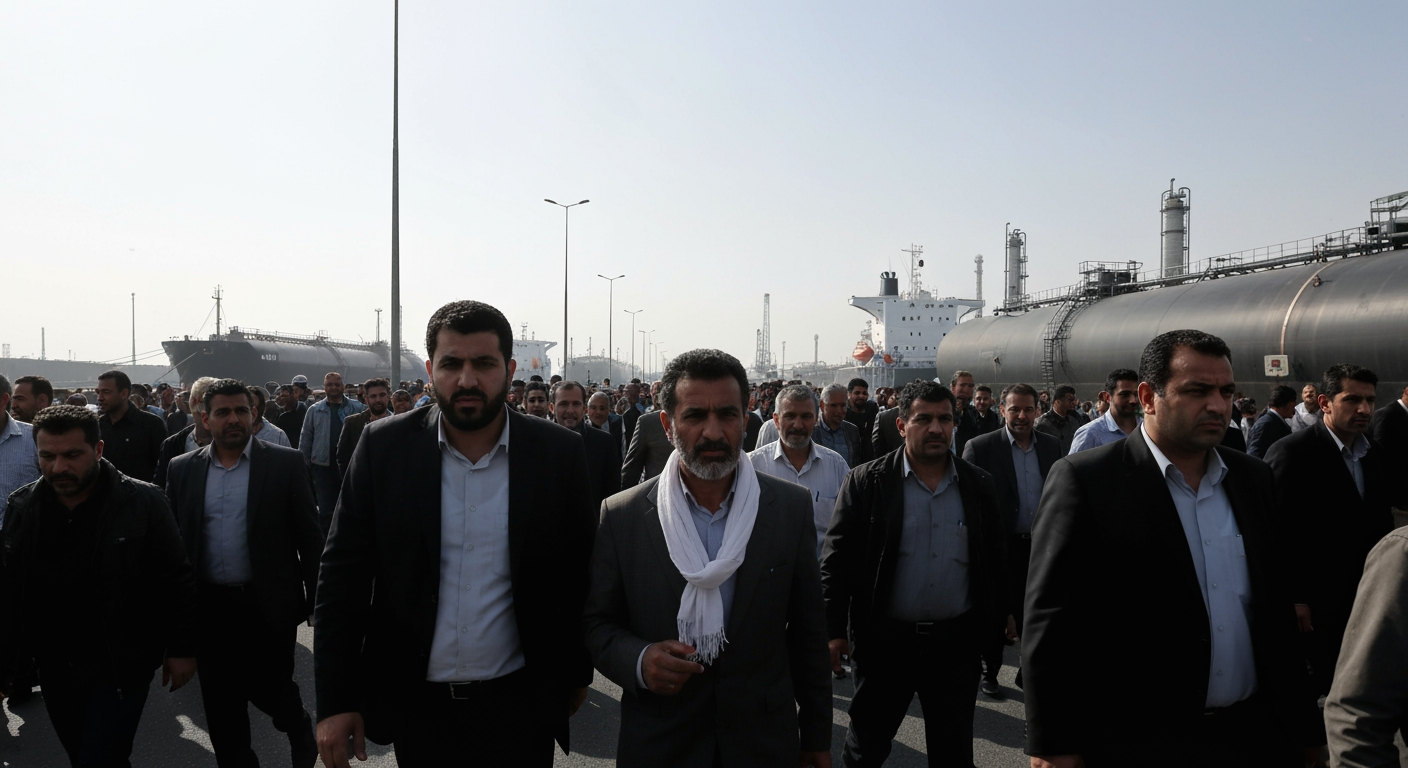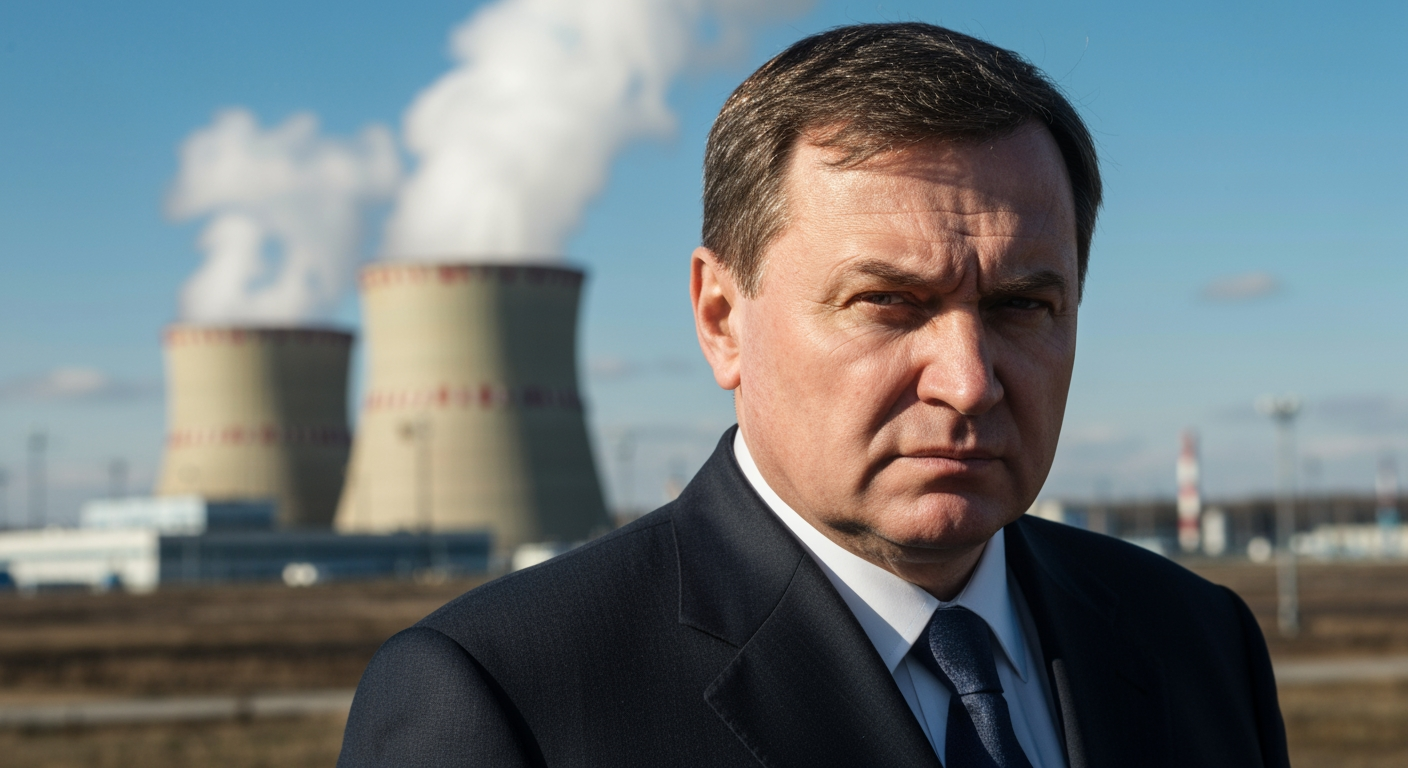Nord Stream 2: Could Germany Reopen the Door to Russian Gas?

Germany's energy future is at a crossroads, with the potential return of Russian gas via the Nord Stream pipelines sparking intense debate and uncertainty. While the German government officially aims to eliminate Russian gas imports, a confluence of factors, including shifting geopolitical dynamics, economic pressures, and the potential for alternative uses of the pipeline infrastructure, have opened the door to the possibility of a future reversal.
The Geopolitical Landscape
The Nord Stream 2 pipeline, completed in 2021 but never operational due to the war in Ukraine and subsequent sabotage, has become a symbol of Germany's complex relationship with Russia and its energy dependence. The pipeline was intended to double Russia's direct gas supply capacity to Germany, bypassing transit countries like Ukraine. However, the project faced strong opposition from the United States and several European countries, who viewed it as a geopolitical tool for Russia to exert influence over Europe.
Following Russia's invasion of Ukraine in February 2022, Germany halted the certification process for Nord Stream 2, and the pipeline has remained dormant ever since. The incident in September 2022, which severely damaged both Nord Stream 1 and Nord Stream 2 pipelines, further complicated the situation, leading to investigations and heightened tensions.
Despite these challenges, the possibility of resuming Russian gas supplies via Nord Stream 2 has resurfaced in recent months. Reports indicate that some German industries, particularly in the eastern part of the country, are advocating for a return to Russian gas, citing economic pressures and the need for affordable energy. Furthermore, there are reports of discussions between the United States and Russia regarding the future of Nord Stream 2, with some suggesting the possibility of American investors becoming involved in the project.
Economic Considerations
Germany's economy, heavily reliant on industry, has been significantly impacted by rising energy prices following the reduction in Russian gas supplies. Some manufacturers have been forced to move production abroad, raising concerns about the long-term competitiveness of German industry.
The prospect of accessing cheaper Russian gas via Nord Stream 2 is seen by some as a potential solution to alleviate these economic pressures. Christian Günther, head of a major chemical industrial site in Germany, stated that access to cheap Russian gas is essential to revive sectors like his. The economy minister of Saxony-Anhalt, Sven Schulze, echoed this sentiment, suggesting that a peace deal with Russia could change attitudes toward energy imports from Moscow.
However, a return to Russian gas would also have significant economic implications for other countries. The United States, which has become a major exporter of liquefied natural gas (LNG) to Europe, would face increased competition from cheaper Russian gas, potentially impacting the profitability of American LNG producers.
Alternative Uses and Political Maneuvering
While the focus has primarily been on the potential for resuming Russian gas supplies, there are also discussions about repurposing the Nord Stream 2 infrastructure for alternative uses. One proposal involves using parts of the pipeline to transport green hydrogen from Finland to Germany. This idea has gained traction as Germany seeks to diversify its energy sources and transition to a more sustainable energy system.
The German government has officially denied any plans to revive Nord Stream 2 for gas deliveries, but some officials have acknowledged the potential for alternative uses of the pipeline. A government spokesperson stated that authorities "do not want to leave its future to chance."
Adding another layer of complexity, there are reports that Germany is considering ceding ownership of Nord Stream 2 to the United States. This move could potentially pave the way for renewed Russian gas supplies under U.S. control, although the details and implications of such an arrangement remain unclear.
Challenges and Obstacles
Despite the potential benefits, a return to Russian gas via Nord Stream 2 faces significant challenges and obstacles. The political opposition within Germany and Europe remains strong, with many viewing the project as a betrayal of Ukraine and a dangerous dependence on Russia.
The EU has committed to phasing out Russian energy by 2027 and has invested heavily in alternative gas supplies and LNG infrastructure. Reversing this course would require a significant shift in political will and could face resistance from other EU member states.
Furthermore, the damaged state of the Nord Stream pipelines poses a technical challenge. While one of the Nord Stream 2 pipelines remains operable, the damaged Nord Stream 1 pipelines would require extensive repairs, adding to the cost and complexity of the project.
Conclusion
The question of whether Germany could return to Russian gas via Nord Stream pipelines remains open. While economic pressures and potential alternative uses of the infrastructure offer some incentives, significant political and technical challenges stand in the way. The decision will likely depend on the evolving geopolitical landscape, the future of the war in Ukraine, and Germany's commitment to its energy transition goals. For now, the future of Nord Stream 2, and Germany's energy security, hangs in the balance.
Related Articles

Global Oil Markets Brace for Turbulence as Iran Conflict Threatens $100-a-Barrel Threshold
LONDON - Global oil markets are teetering on the brink of significant upheaval following recent escalations in the Middle East, raising concerns that crude prices could surge past $100 per barrel. The immediate aftermath of reported US-Israeli strikes on Iran and subsequent retaliatory actions by Tehran has already sent shockwaves through energy trading, with analysts warning that prolonged conflict, particularly any disruption to the vital Strait of Hormuz, could trigger a substantial and sustained price rally, impacting economies worldwide. On Friday, Brent crude futures were trading around $72.48 to $73 per barrel, while West Texas Intermediate (WTI) crude oil prices stood at approximately $67 per barrel

Russia's Enduring Nuclear Grip: A Geopolitical Lever Beyond Oil and Gas
While global attention frequently fixates on Russia's vast oil and gas reserves as instruments of geopolitical influence, a quieter, yet equally potent, form of leverage persists within its nuclear energy sector. Through its state-owned atomic energy corporation, Rosatom, Russia has cultivated deep-seated dependencies across the world, extending far beyond fossil fuel exports

Pentagon Demands Unfettered AI Access from Anthropic, Citing National Security Imperative
Washington D.C. — A high-stakes confrontation is unfolding between the U.S. Department of Defense and leading artificial intelligence firm Anthropic, as the Pentagon pressures the company to relinquish control over how its powerful Claude AI model can be used for military purposes